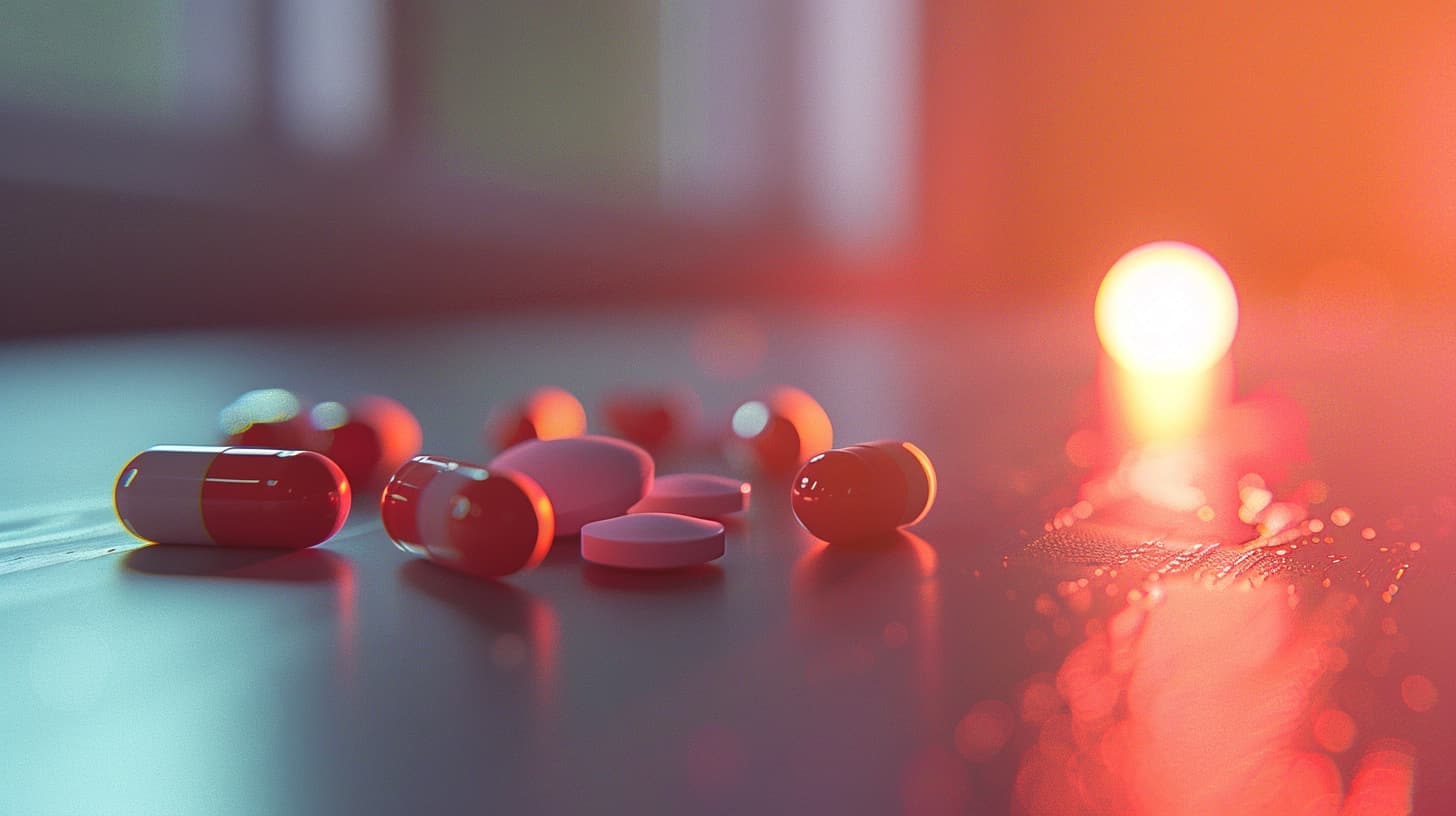Enhancing drugs, or stimulants as they’re known in the scientific community, are like the espresso shot of the pharmaceutical world. They give your brain a hearty nudge, saying, “Wake up, it’s time to conquer the world!” These substances range from the caffeine in your morning coffee to prescribed medications for ADHD like Adderall, not forgetting the more infamous cousins, cocaine and meth.
Unlike their mellow counterparts, depressants, which turn down the volume on your brain’s activity, stimulants crank up the dial. Imagine you’re at a concert: depressants are the acoustic set that soothes and mellows the crowd, while stimulants are the main act, electrifying the atmosphere.
Enhancing Drugs: The What and The How
Stimulants work by boosting the levels of certain chemicals in your brain—dopamine and norepinephrine.
Dopamine is that feel-good neurotransmitter, the one that rewards us with that feeling of pleasure for activities like eating or hugging or going to Disneyland.
Norepinephrine is the body’s own battle cry, heightening alertness and preparing us to either stand our ground or take flight.
By increasing these chemicals, stimulants help improve concentration, increase energy levels, and even elevate mood. It’s as if they’re the brain’s personal cheerleading squad, ensuring you stay focused, energetic, and ready to leap over life’s hurdles. But there is definitely more to this story.

The Sunny Side of Enhancing Drugs
On the upside, prescribed stimulants have been a godsend for people with attention deficit hyperactivity disorder (ADHD), narcolepsy, and certain forms of depression. They help balance the brain’s biochemistry, allowing those who might struggle with focus, wakefulness, or a pervasive sense of gloom to find their footing in a fast-paced world.
For the rest of us, the allure of enhancing drugs often lies in their promise of heightened productivity and the ability to burn the candle at both ends. And who wouldn’t want to feel like a superhero, if only for a few hours?
The Downside to Enhancing Drugs
However, it’s not all good news. The mechanism that makes stimulants so appealing is also the issue. The boost in dopamine leads to a cycle of dependence and addiction, as the brain starts to crave that easy and immediate access to feel-good chemicals.
Beyond that, stimulants can rev the body’s engines a bit too hard, leading to side effects like jitteriness, insomnia, high blood pressure, and pretty serious heart issues. Long-term use, typically leads to more serious health issues, including heart disease and mental health disorders. Wondering what drugs are on this Enhancing Drugs list? Here are a few of the more common ones.
Prescription Enhancing Drugs
- Adderall (Amphetamine/Dextroamphetamine) – Commonly prescribed for ADHD, Adderall is known for its ability to improve focus, attention, and control behavior.
- Ritalin (Methylphenidate) – Another ADHD medication, Ritalin increases attention and decreases impulsiveness and hyperactivity in patients with the condition.
- Modafinil (Provigil) – Prescribed for narcolepsy, sleep apnea, and shift work sleep disorder, Modafinil improves wakefulness and alertness.
- Vyvanse (Lisdexamfetamine) – Used to treat ADHD, Vyvanse is known for its ability to enhance focus and control over impulsive behaviors.
- Concerta (Extended-release Methylphenidate) – Similar to Ritalin but with a longer-lasting effect, Concerta is used for ADHD to improve attention and control over behavior.
Illicit or Non-Prescription Enhancing Drugs
- Cocaine – A powerful stimulant drug known for its short-term effects of intense energy and euphoria, but with significant addiction and health risks.
- Methamphetamine – An extremely addictive stimulant that affects the central nervous system, providing high levels of energy and euphoria but with severe health implications.
- Ecstasy (MDMA) – Often associated with the party scene, MDMA (or Molly) can increase energy, mood, and emotional warmth, but it poses serious health risks.
- Khat – A plant native to the Horn of Africa and the Arabian Peninsula, containing the stimulant cathinone. Chewing khat leaves can produce mild to moderate euphoria and stimulation.
This list provides a snapshot of the diversity of enhancing drugs, ranging from those medically prescribed for legitimate health conditions to those that are used illicitly for their stimulant effects.
Stimulant Addiction Reality Check
So, are enhancing drugs addictive? In short, yes. The initial allure of enhanced performance and mood leads down a path of increased tolerance and dependence. The brain begins to insist on its easy chemical changes in order to feel normal, and stopping the drug can lead to withdrawal symptoms, a tell-tale sign of addiction.
Symptoms of Addiction to Enhancing Drugs
- Intense Cravings for the Drug: An overwhelming desire or compulsion to use the stimulant, often felt physically and mentally.
- Increased Heart Rate and Blood Pressure: Stimulants accelerate heart function, which can lead to cardiovascular issues.
- Insomnia or Dramatically Altered Sleep Patterns: Difficulty maintaining a normal sleep schedule due to heightened alertness.
- Significant Changes in Appetite and Weight Loss: Reduced appetite and noticeable weight loss are common with stimulant abuse.
- Mood Swings and Irritability: Rapid and extreme fluctuations in mood, from euphoria to aggression or depression.
- Anxiety, Paranoia, or Psychosis: Heightened states of anxiety or paranoia, potentially escalating to delusions or hallucinations.
- Social Withdrawal and Isolation: Avoiding social activities and cutting off relationships not associated with drug use.
- Neglect of Personal and Professional Responsibilities: Failing to meet obligations at work, school, or home due to drug preoccupation.
- Engagement in Risky Behaviors: Increased likelihood of taking dangerous risks, especially when under the influence.
- Experiencing Withdrawal Symptoms: Physical and psychological discomfort when not using the drug, pushing continued use to avoid withdrawal.
In the end, enhancing drugs are a chapter in the larger story of human endeavor—the quest for improvement, for overcoming limits, and for seeking joy in the journey. However, using drugs to accomplish this tends to end in circumstances that are not great. There are consequences for selling your soul to the devil.
Getting Help for Stimulant Addiction
As we navigate this issue, the allure of enhancing drugs can sometimes steer us into stormy waters. If you or a loved one finds themselves struggling with dependency or addiction, remember: getting help is the bravest step you can take.
With a compassionate team dedicated to guiding you back to calmer seas, we believe in your strength to overcome. Call us today to talk about addiction treatment options or just to get your questions answered: (844) 439-7627.


